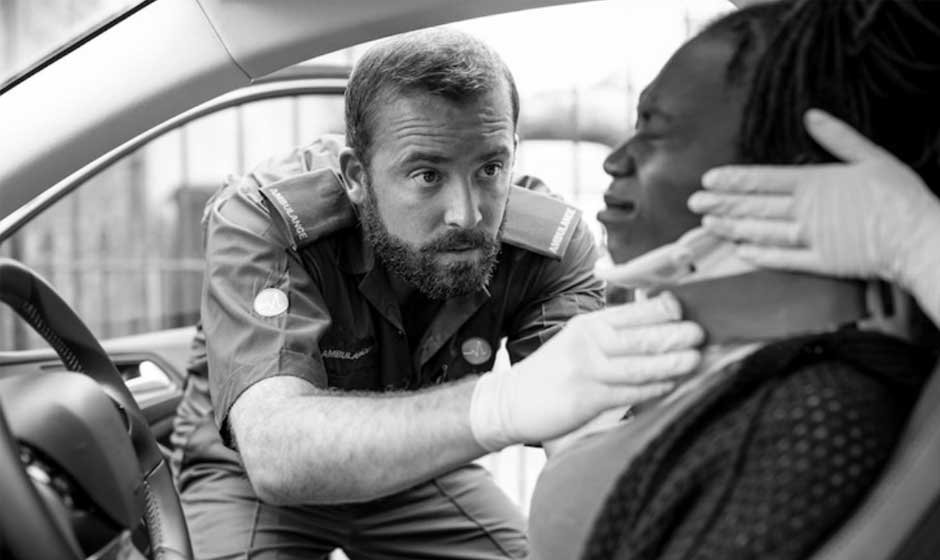Getting into a motor vehicle accident can turn your life upside down. After the crash, you might expect help from your insurance company. But it’s not always that simple.
Many accident victims are surprised to learn that insurance adjusters aren’t necessarily on their side. Insurance adjusters typically work to protect the insurance company’s bottom line. The top law firms, like William Mattar, are dedicated to helping accident victims deal with the tactics of the insurance adjusters.
Let’s look at the five main reasons why victims should be extra cautious of insurance adjusters.
Their Job Is to Save Money for the Insurance Company
Insurance adjusters are not paid to help you. They’re paid to close claims quickly and for as little money as possible.
At first, they may sound friendly and helpful. They’ll ask how you’re feeling, how the crash happened, and what damages you’ve suffered. But every answer you give might be used to lower your claim.
Sometimes, even a casual “I’m feeling okay” can hurt your case. It might be taken as a sign that your injuries are not serious. That’s why it’s best to speak carefully or through a lawyer if possible.
They Might Try to Get You to Settle Quickly
Right after the accident, you may receive a settlement offer. It can seem tempting, especially when bills are piling up.
But here’s the problem: early offers are often low. Adjusters hope you’ll accept before realizing the full cost of your injuries. Some problems, like whiplash or internal injuries, don’t show up right away.
Once you take a settlement, you usually can’t ask for more money later. That means you could be stuck with medical bills or lost wages that aren’t covered.
They May Try to Blame You
Another tactic adjusters use is to shift some of the blame onto you.
They might say you were distracted. Or that you didn’t brake fast enough. Even if the accident clearly wasn’t your fault, they may still try to reduce your compensation by claiming you were partly responsible.
If they succeed, your final payout might be much lower than you deserve. And if you’re not prepared, it’s easy to fall into their trap.
They Often Request Recorded Statements
Soon after the crash, an adjuster may ask you to give a recorded statement.
It might sound like a routine request, but it can be risky. Anything you say can be used to deny or reduce your claim. If you accidentally say the wrong thing or leave something out, it could work against you.
You have the right to refuse a recorded statement until you speak to an attorney. Don’t let them pressure you into it.
They Might Downplay Your Injuries
Finally, adjusters often question the severity of your injuries. They may argue that you didn’t need all that treatment or that you’re healing just fine.
They could even send you to a doctor of their choice. And that doctor might downplay your condition. It’s a tactic to justify a smaller settlement.
That’s why it’s so important to stick with your own doctors and follow your treatment plan carefully.
Conclusion
Dealing with insurance adjusters after a motor vehicle accident isn’t easy. They might seem helpful at first, but remember, they work for the insurance company—not for you.
They may use tricks to reduce your payout. They may push you to settle early, ask misleading questions, or even blame you for the accident.
The best thing you can do is stay informed. Don’t rush. Take your time to understand your injuries, your options, and your rights.
If you’re unsure, reach out to someone who knows how these things work. The more you know, the better you can protect yourself.










